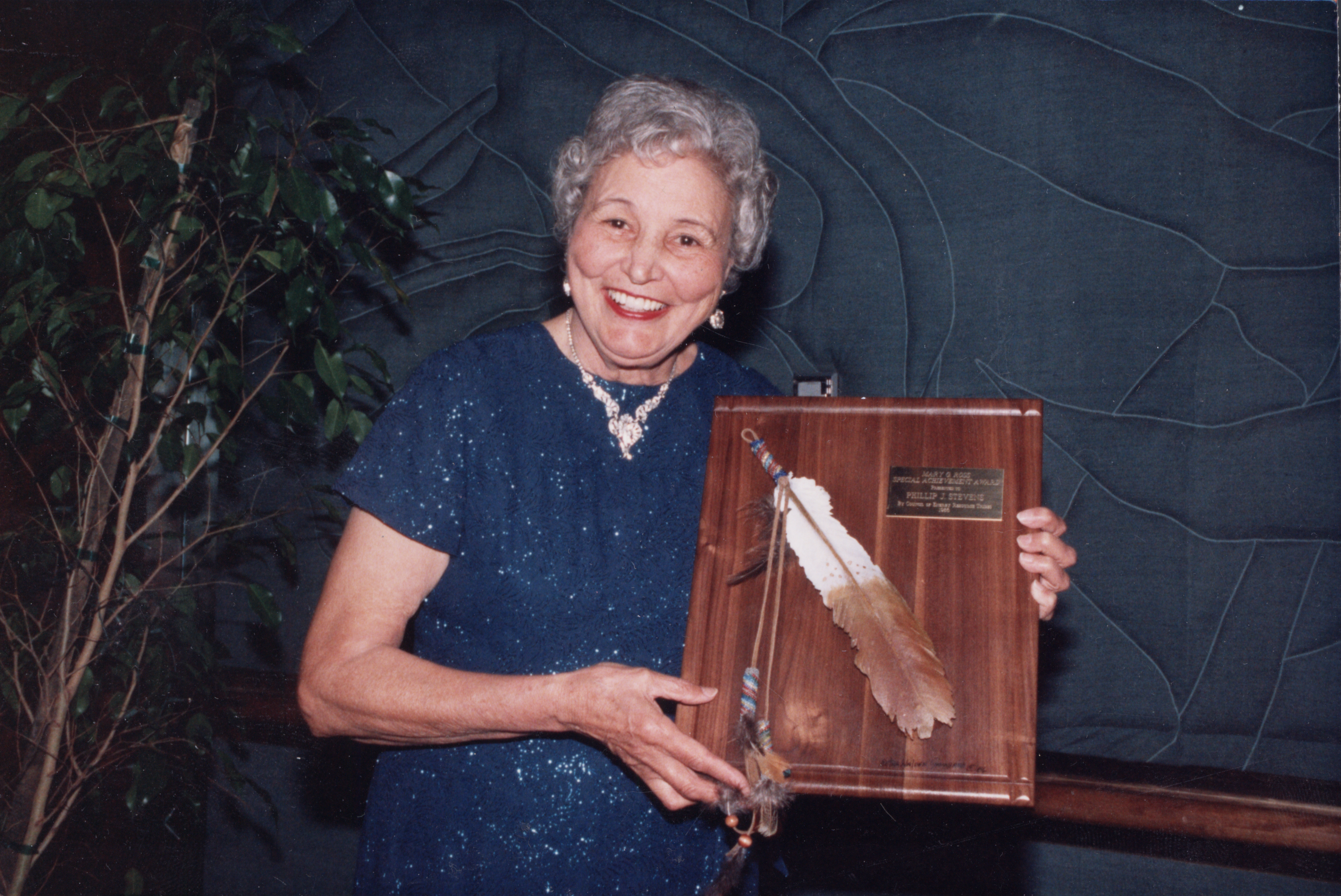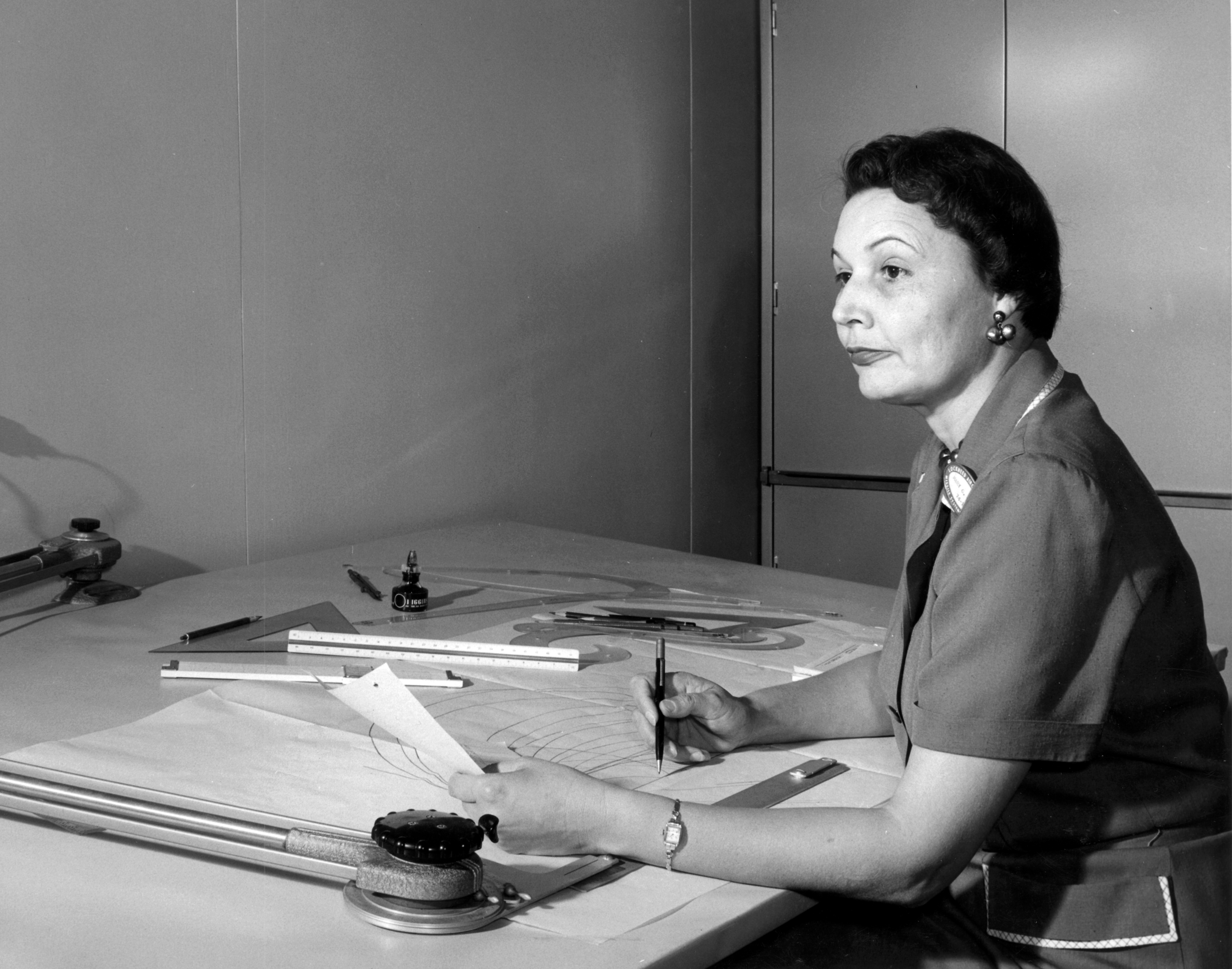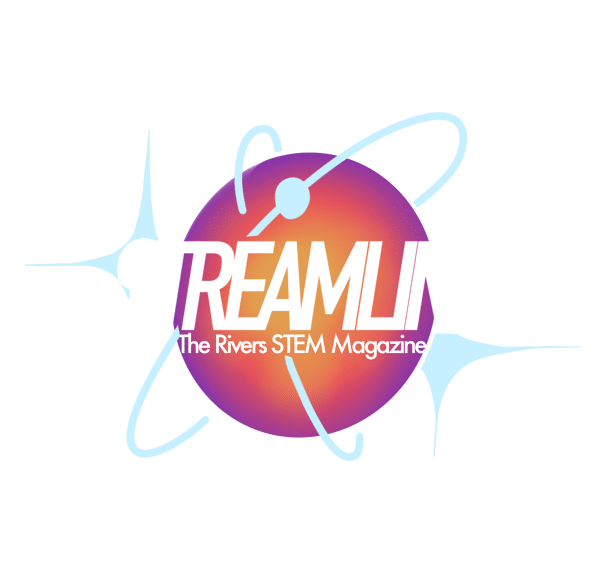ROSS - The Astronomical Life That You Have Never Heard
Of
Spring 2024
 The Life of Mary Golda Ross - A Hidden Figure in the World
of Astronomy
The Life of Mary Golda Ross - A Hidden Figure in the World
of Astronomy
A 2018 survey found that 40% of American people do not
believe American Indians still exist. This shocking
statistic reveals Americans’ internally racist belief
that American Indians are primitive and cannot adapt to
modern society. In reality, American Indians not only
thrive in present-day society, but are also capable of
molding the technological future. Few people would guess
that the ability to travel from Earth to Mars was made
possible by an American Indian. In fact, Mary Golda
Ross, an Indigenous trailblazer in the scientific
community, credited her strong mathematical achievements
to her Native heritage and community.
Born in 1908, Ross grew up in Park Hill, Oklahoma alongside her grandparents. She attended school in an environment where American Indian teachers were just as common as white teachers. Although she was the only girl in her math class, this fact did not deter her from pursuing math as a career. She firmly believed that in such a technical world, “a math background [would] let [someone] go farther and faster.” In 1928, she graduated with a degree in math and went on to become a math teacher for ten years.
Born in 1908, Ross grew up in Park Hill, Oklahoma alongside her grandparents. She attended school in an environment where American Indian teachers were just as common as white teachers. Although she was the only girl in her math class, this fact did not deter her from pursuing math as a career. She firmly believed that in such a technical world, “a math background [would] let [someone] go farther and faster.” In 1928, she graduated with a degree in math and went on to become a math teacher for ten years.
 While she enjoyed teaching, Ross did not want to remain a
teacher for the rest of her life. However, because she was
a woman, most jobs in the mathematical field were not
available to her. Faced with this injustice, she set her
sights on a different occupation. She used her time off in
the summer to complete coursework at the Colorado State
Teacher’s College. Ross’ busy schedule continued for six
years until she finally earned a master’s degree in math
in 1938.
While she enjoyed teaching, Ross did not want to remain a
teacher for the rest of her life. However, because she was
a woman, most jobs in the mathematical field were not
available to her. Faced with this injustice, she set her
sights on a different occupation. She used her time off in
the summer to complete coursework at the Colorado State
Teacher’s College. Ross’ busy schedule continued for six
years until she finally earned a master’s degree in math
in 1938.
As she wrapped up her studies, World War II suddenly hit Europe. When the United States began collecting men for the draft, many jobs opened up for women. Seizing the opportunity, Ross grabbed a job at the Lockheed Aircraft Corporation as a math assistant. Here, Ross’s team worked to improve the design of the PS-38 Lightning fighter plane, a plane which could fly nearly 400 miles per hour. Through various experiments, Ross analyzed data and prepared calculations using a slide rule (they didn’t even have calculators). Ross worked so effectively that when World War II ended and women started being laid off to make space for the returning men, Lockheed opted to keep her. Furthermore, Lockheed sent Ross to complete advanced coursework at the UCLA Extension school, where she became the first known American Indian female professional engineer in 1949.
With anti-Communist sentiment rising in America, Ross moved on to work at the Lockheed Space and Missiles Company, which studied submarine technology and other Cold War vehicles. She became part of a special operation titled “Skunk Works.” Out of the forty people who participated, she was the only woman and the only American Indian. Once again, she was a minority. Never deterred, Ross contributed to NASA’s Interplanetary Flight Handbook, Vol. 3, published in 1963. This book advanced the scientific cause by detailing flight paths from Earth to other planets, like Venus and Mars.
Ross worked so effectively that when World War II ended
and women started being laid off to make space for the
returning men, Lockheed opted to keep her.
In 1973, Ross retired from Lockheed. Acknowledging the
lack of women in STEM fields, Ross joined the Society of
Women Engineers (SWE), in which she helped give advice
to aspiring female students. Additionally, Ross began to
participate in organizations to uplift American Indians,
like the American Indian Science and Engineering
society. In her later life, she actively encouraged the
preservation of American Indian culture and histories
through the creation of the Smithsonian’s National
Museum of the American Indian. Although she specifically
worked to uplift women and American Indians in STEM,
Ross is a role model for all who are fighting to advance
the cause of justice.


Sources:
https://airandspace.si.edu/stories/editorial/mary-g-ross-aerospace-engineer
https://www.nps.gov/people/mary-g-ross.htm
https://www.nasa.gov/image-article/mary-ross-hidden-figure/
https://www.nationalww2museum.org/war/articles/mary-golda-ross-and-skunk-works
https://www.americanindianmagazine.org/story/mary-golda-ross-she-reached-stars
https://www.nps.gov/people/mary-g-ross.htm
https://www.nasa.gov/image-article/mary-ross-hidden-figure/
https://www.nationalww2museum.org/war/articles/mary-golda-ross-and-skunk-works
https://www.americanindianmagazine.org/story/mary-golda-ross-she-reached-stars


